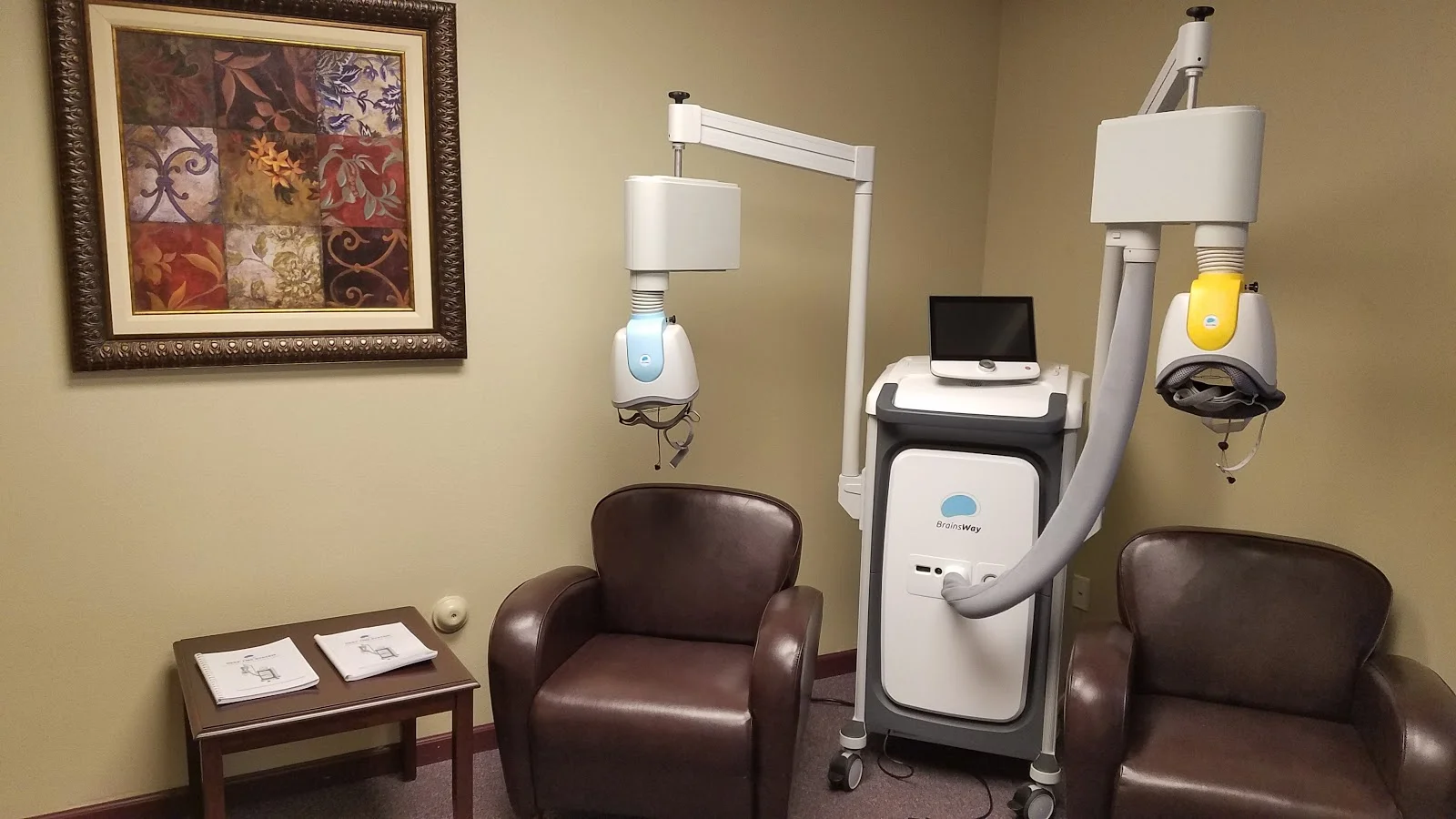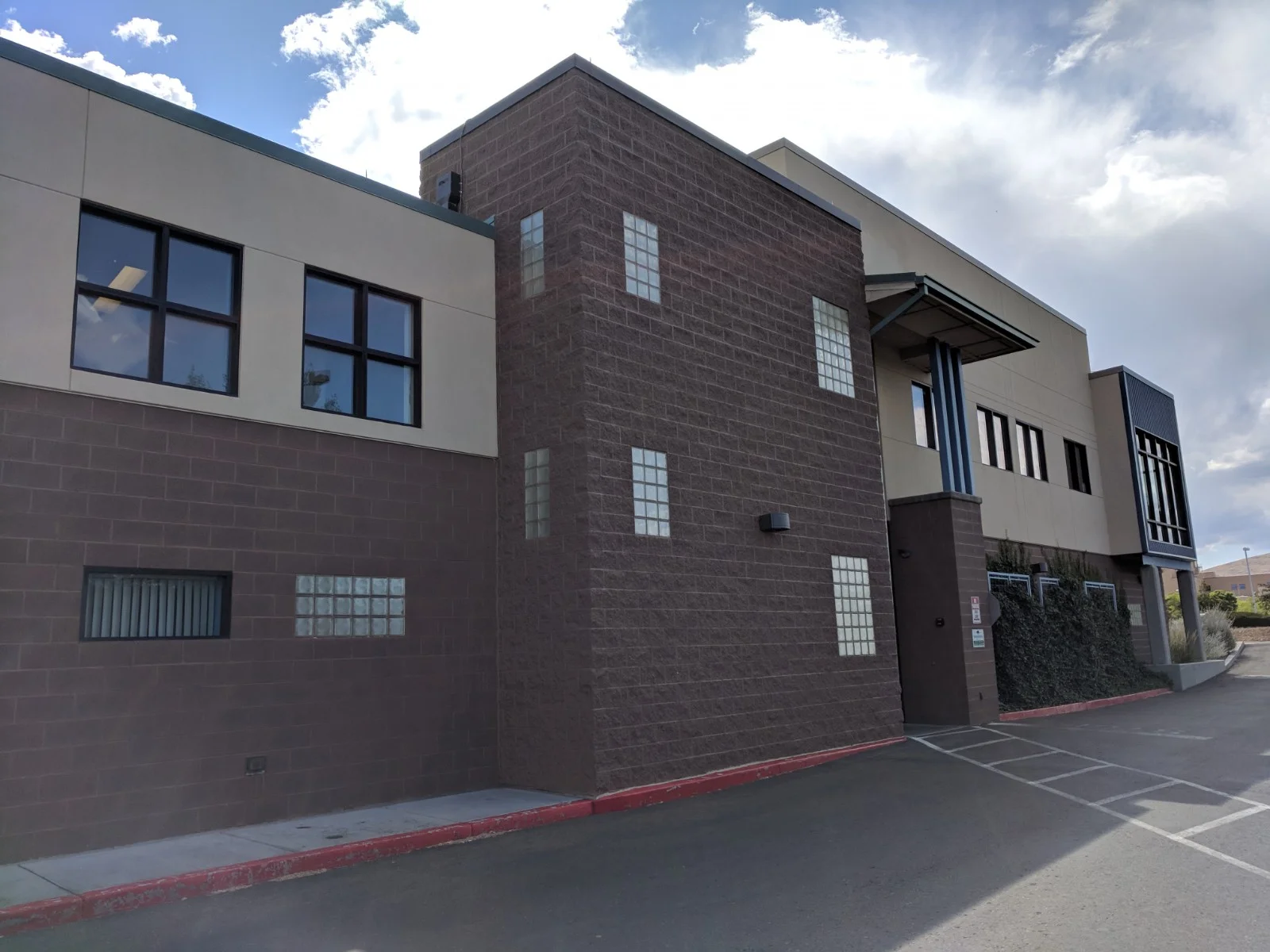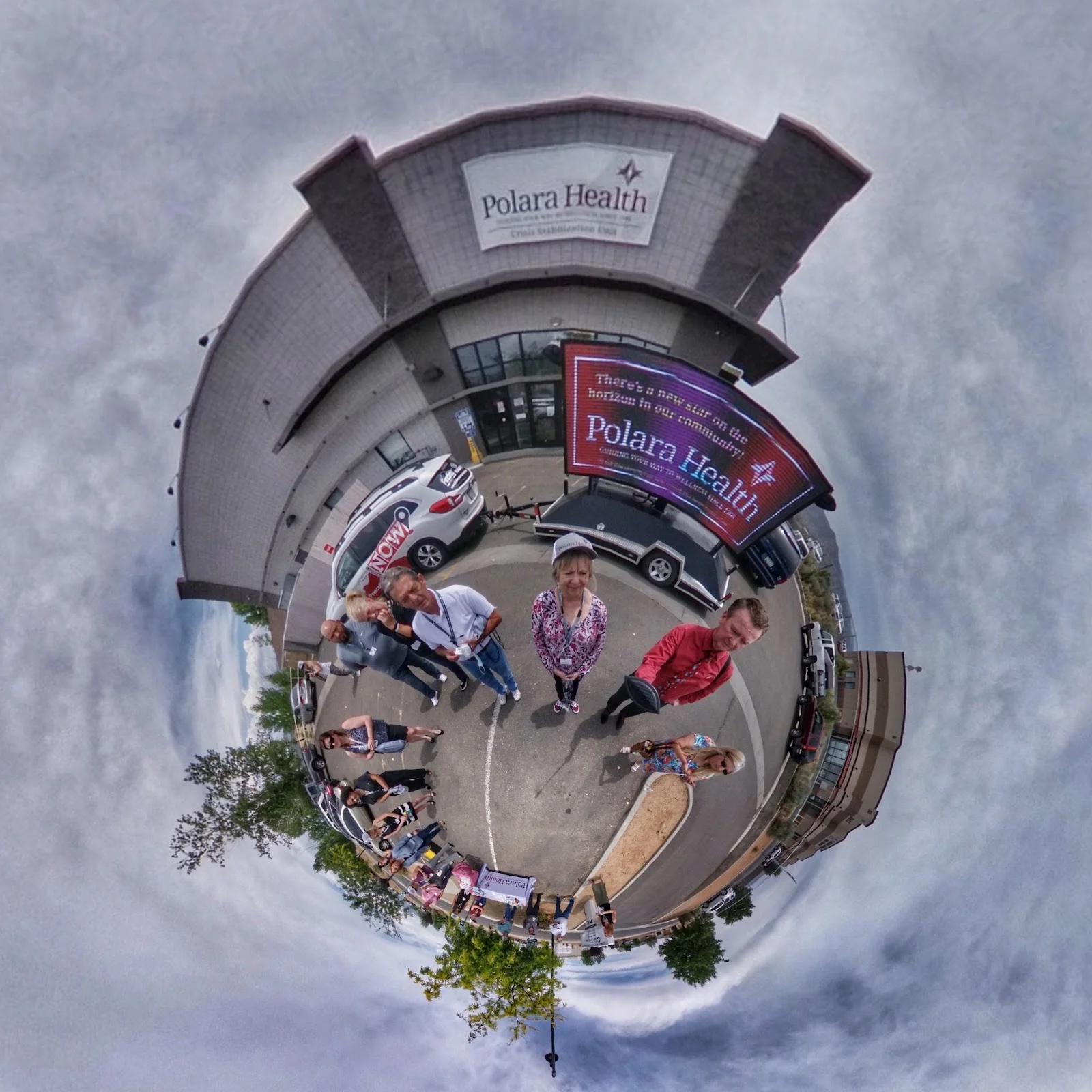Polara Health, headquartered in Prescott Valley, Arizona, provides comprehensive care to people suffering from mental health concerns such as anxiety, depression, and substance use disorders. The center helps people, children, and families. There is no indication that the program is gender-specific or faith-based, assuring equitable treatment for all.
The center provides a number of programs, including outpatient and inpatient rehabilitation, partial hospitalization, and vocational assistance services. Polara Health also has a crisis stabilization unit that runs around the clock. Cognitive-behavioral therapy, individual and group therapy, peer support, anger management, and animal-assisted therapy are all possible treatment options. The institution is well-known for its emphasis on coordinated treatment, including specialist first responder services and trauma-informed care. Polara Health is accredited by The Joint Commission, confirming its dedication to providing high-quality care.
Polara Health - Windsong Center Information
Treatment
Who We Treat
- Children
- Teens / Adolescents
- Young Adults (18–25)
- Adults
- Seniors/Older Adults
- Adolescents
- Older Adults
- Male and Female
- LGBTQ+
Approaches
- Family Therapy
- Group Therapy
- Cognitive Behavioral Therapy (CBT)
- Dialectical Behavior Therapy (DBT)
- 1-on-1 Counseling
- Transcranial Magnetic Stimulation (TMS)
- Nutrition Counseling
- Life Skills Training
Conditions We Treat
- Trauma
- Anger
- Co-Occurring Disorders
Substances We Treat
- Chronic Relapse
Languages
- English
Aftercare
- Outpatient Treatment
- Intensive Outpatient Program
- Employment Counseling
- Employment/Vocational Counseling
- Support Meetings
Level of Care
- Outpatient
Experience
Smoking and Vaping Policy
- Smoking Not Allowed
- Vaping Not Allowed
Accreditations
-
State department of health
Government agencies issue State Licenses, granting permission to rehabilitation organizations to conduct their business operations lawfully within specific geographic regions. Generally, the particular rehabilitation programs offered by a facility and its physical location dictate the necessary licenses needed for legal operation.

-
The Joint Commission
The Joint Commission accreditation signifies that a facility has met rigorous standards of excellence in patient care, treatment, and safety. It assures individuals and healthcare professionals that the accredited facility provides high-quality, evidence-based care for addiction and mental health issues, fostering trust and confidence in their services.

Additional Locations
Polara Health - Windsong Center Accepts The Following Insurance Plans
Find the best treatment options. Call our free and confidential helpline today!













